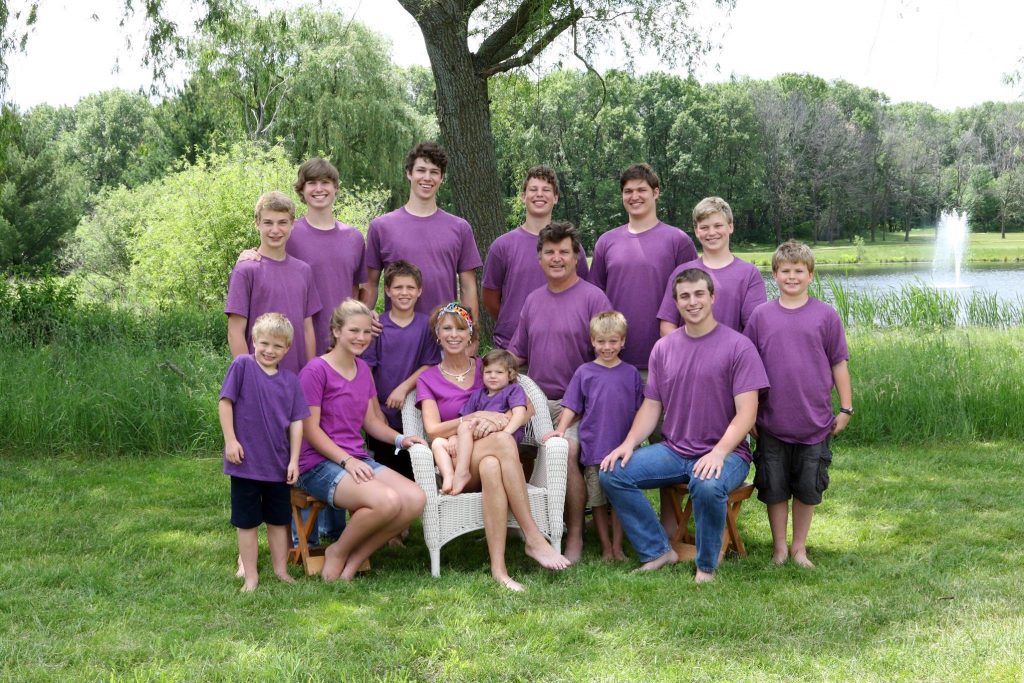Before modern technology, the meaning of family was completely different. Children were more of a resource than a legacy. Farmer families would produce many children to take care of the animals and help with the harvest. While wealthier families would marry their children with other wealthy families to achieve economic and political power. One of the reasons for this seemingly heartless treatment is because of the difficulty of producing pre-modern medicine. Children had to be produced at a much higher rate as most of the children would die at a very young age. Only a small portion of children would survive to adulthood. Because of the cost of producing just one child, families had to use these children to what would produce the highest profit. This practice continued and on for many millennia, especially during the middle ages where diseases ran rampant and the average age in the UK was 31.3 years old (http://news.bbc.co.uk/2/hi/health/241864.stm).
An interesting evolution began to emerge during early modern times, medicine became more commonplace. Food became more abundant, machines took the place of the family workforce, and alliances by marriage slowly went out of style. With the discovery of the Smallpox and other vaccines, more and more children survived to adulthood. However, people during this period still produced just as many children before these discoveries. Instead of just a few children surviving, these families would grow to quite a substantial size(This video by Kurzgesagt does a great job explaining this evolution https://www.youtube.com/watch?v=QsBT5EQt348). In 1800 the average family size was seven to eight children (https://historynewsnetwork.org/article/35975), a huge difference compared to the few survivors during medieval times.
Because of technological advances, the view of the family changed as well. Machines took the place of the family workforce and alliances by marriage went out of fashion. Children were now seen as the legacy of the Father and Mother, rather than “spoils of war”. The family would develop a more personal relationship with each other, rather than the more business colleague of earlier times. Fathers and Mothers would teach their sons and daughters out of love and duty rather than personal gain. Families would become communities of themselves, working, planning and learning with each other.
As our evolutionary tendencies slowly caught up with our modern technology, the family unit returned to pre-modern sizes. Couples would no longer produce the extreme number of children of yesteryear and would rather settle for more manageable sizes. by 1900 the average family shrunk down to 3.5 children and has only gone down since. This was for the best, as if kept up with this population growth we would be facing a very real threat of overpopulation on Earth.
However, I feel we have lost something during this transition. As one of thirteen children, what I have gained from being part of a large family is immeasurable. In modern times, a larger family could be the perfect place for a liquid network. With each person expressing their ideas in a tight-knit family could lead to a great place for serendipity, as it has for myself. In my case, my 2 oldest brothers are in medicine, 3rd oldest in business and IT, and 4th in film and arts, with my younger siblings pertaining to a multitude of different interest. Everyone can openly discuss their ideas, studies they have read, or their own projects they have been working on. I believe this constant mixing and matching of ideas from an extremely broad range of ideas is the best way to produce new ideas. Constantly discussing ideas with no fear of being outcasted is something that very communities can offer.
While I realize that this experience is not at all possible in the modern world, with the cost of raising children only increasing and modern politics making one question if they even want to bring a child into this world, I feel the world has lost something. Perhaps in the future, when we lay the foundation for the colonies on Mars, we will see this resurgence of a large family and we will see the special kind of liquid network and serendipity again.
